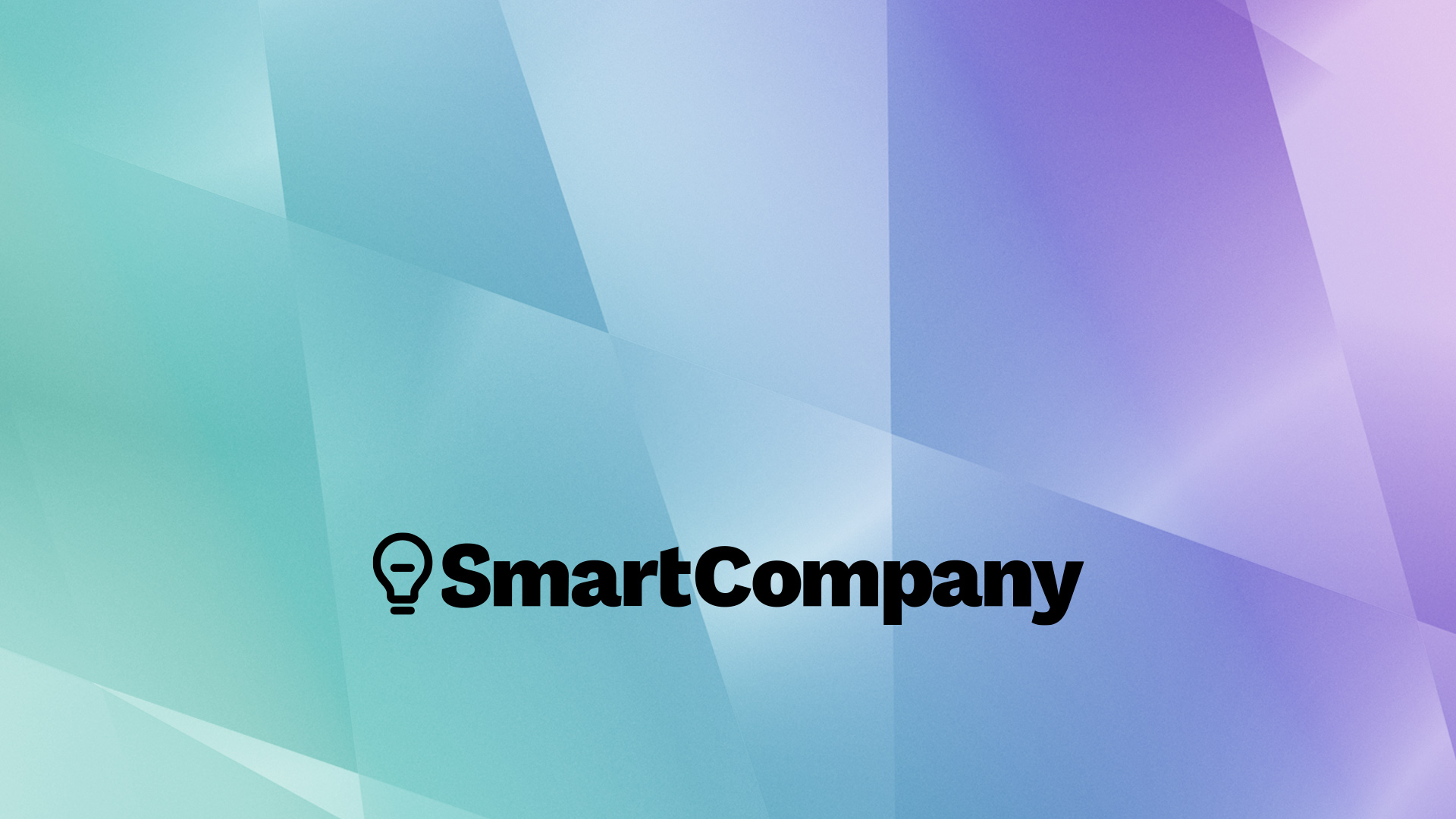
Vu Tran
GO1 co-founder and head of growth
LinkedIn
Hiring is one of the greatest challenges for a business at any stage. In fact, I would probably point out the only time founders experience the bliss of not having to worry about hires is when they first start out… when it’s just them, plenty of ideas and usually very little money.
Inevitably, as companies grow and ideas take flight, founders and founding teams find themselves needing to grow and bring others into the fold.
If I think back on our early days of GO1, I am reminded I am fortunate to be part of a superstar founding team. I ride on the coattails of my co-founders and best mates who I started this company with.
Andrew Barnes, our CEO, is an economist and a Rhodes Scholar, and Chris Eigeland is a lawyer and Australia’s former youth ambassador to the United Nations (and I am a medical doctor and general practitioner). We all have very diverse skills, and as such, we complement each other incredibly well.
But as we grew, despite being technical and having self-taught coding and design skills, we knew we needed a super-star developer (aka a code-wizard), which is why we hired and eventually welcomed to the founding team Chris Hood, who today is GO1’s chief technology officer.
On reflection, I realise our journey has not been unique.
As a founder, you must be a jack of all trades — doing lead generation, sales, customer support, project management and janitor work all in one. Those experiences are grounding, humbling and extremely character-building. I feel this has allowed us to become the exceptional team and great company we are today.
As you grow, however, moving away from a jack-of-all-trades-founder mindset is in itself a challenging experience, and probably a story for another time.

Jessica Ruhfus
Collabosaurus founder and chief executive officer
LinkedIn
The very first role I hired for was a senior full-stack developer, as we needed to build our MVP version of Collabosaurus.
Once we had launched and developed a bit of traction, the first ‘big’ hire we made was in customer service to help guide enquiries and keep on top of onboarding and replying to emails quickly!
This was a huge relief for me, who suddenly had three to four hours of extra time each day to focus on growth, product, finance, and all the other things startup founders need to take care of.
We moved from a home office (where I went a little insane by myself 24/7), to a shared office space, to a mixture of remote workers and using Sydney Startup Hub’s free co-working level (ha!), to now having our own little HQ in Sydney CBD.
It’s so wonderful having our own space and it’s been game-changing for productivity and motivation.

Adam Schwab
Luxury Escapes co-founder, angel investor and former corporate lawyer
LinkedIn
Luxury Escapes wasn’t our first business, and our first team members were basically working across both businesses we had, so we’re not a great example.
Ultimately, your first few hires really depend on what type of business you have, and more critically, what skills you have as a founder. If you’re a tech-based founder, often the first hire (or even co-founder) will be someone who has a sales or operational background. It’s rare a founder or founding team can do everything, so your early hires will need to be really critical at filling key gaps in your skillset.
By contrast, if you’re running a tech business but aren’t technical, your first hire will almost certainly need to be a developer.
The early hires also need to be incredibly good at problem-solving and working under pressure with minimal resources. Hiring people out of a big corporate for early roles (even if they’ve got sparkling CVs) probably isn’t the right move.
Look for people super committed, highly practical and complementary to your skills — who, of course, aren’t too expensive.
NOW READ: What’s the cost of hiring the wrong person for your business?
NOW READ: How Melbourne fintech Assembly hired 67 people in one year: A guide for rapidly scaling startups









